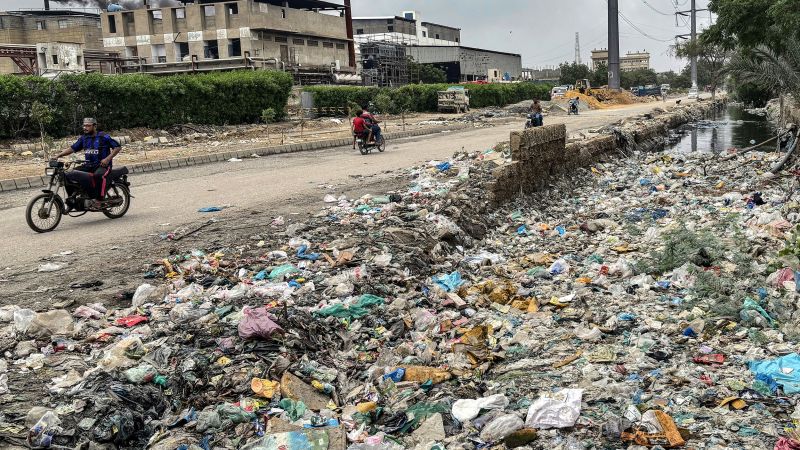A new study emphasizes the urgent need to address the dual crises of plastic pollution and climate change, highlighting how climate change is exacerbating the spread and dangers of microplastics. Traditionally, discussions focus on the role of plastics in causing climate change, but this study reveals how climate impacts plastics, causing them to become more mobile and harmful.
The researchers analyzed extensive studies and found substantial evidence that climate-related phenomena—like increased temperatures, extreme weather events, and flooding—are worsening plastic pollution in various environments. Higher temperatures accelerate plastic degradation, while severe storms can distribute microplastics widely. Additionally, wildfires, driven by climate factors, release microplastics and toxic compounds.
The report describes microplastics as “Trojan horses” that can absorb and release harmful chemicals, which become more potent in warming conditions. Marine life, particularly, is at significant risk, as microplastics hinder their ability to cope with climate-related changes, creating cascading effects up the food chain.
To combat this crisis, the authors suggest reducing plastic usage, improving recycling, and pursuing a legally binding global treaty on plastics to curb production and pollution. They stress the need for immediate action to prevent further disruption of global ecosystems, as ongoing plastic production is projected to exponentially increase. The report underlines a critical gap in research that connects these two pressing environmental issues.
Environmental experts agree on the necessity of addressing both challenges together to mitigate their impacts effectively.
Source link


